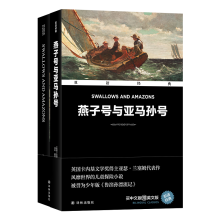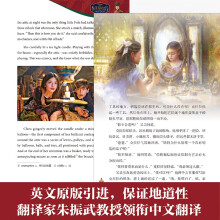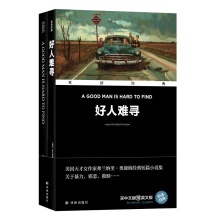《斑斓阅读·外研社英汉双语百科书系:美国简史(典藏版)》:
The peoples ofAmerica in a revolutionary age
Though excluded from formal political participation, many American women supported the Patriot cause by boycotting British imports, including tea. (The national preference for coffee dates from this era.) Substituting homespun for British textiles signaled one's resistance to Parliamentary taxation.During the war, women gained managerial experience running farms and businesses for absent husbands and fathers. Elite women of Philadelphia, styling themselves Daughters of Liberty,raised funds for the Continental army Some women found gender implications in revolutionary ideology. If the framers of the new
government failed to "remember the Ladies," John Adams's wife,Abigail, warned him in 1776, only halfin jest, "we...will not hold ourselves bound by any Laws in which we have no voice, or Representation."
Native Americans maneuvered precariously amid the imperial struggles. In i763, Indians along the Great Lakes attacked British forts in an uprising known as Pontiac's Rebellion. The Proclamation ofi763 promised to respect Indian rights, but clashes continued as settlers pushed westward. During the Revolutionary War, economic ties,land conflicts, and other considerations influenced each tribe's loyalties and alliances. In the North Carolina backcountry, the Cherokee allied with the British and attacked colonialists' encroaclung settlements. In the Northwest Territory,local militia under a young Virginian, George
Rogers Clark, brutally attacked Shawnee, Delaware, Wyandot,and Mingo settlements. In upstate New York, pro-British Iroquois battled Continental troops allied with Tuscarora and Oneida warriors. Overall, England's defeat hastened white settlers'expansion into Indian lands. "Victory" for the colonists had very different meaning for Native Americans.
For the colonies' more than half-million African Americans, most of them enslaved, the imperial conflict brought opportunities and hazards. When a London court in i772 freed James Somersett, a Massachusetts slave whose master had brought him to England,other American slaves looked to England as a beacon offreedom.In i77s when Lord Dunmore, Virginia's royal governor, offered freedom to all able-bodied male slaves who would support the British, about a thousand responded. Eventually some 20,000 southern slaves fiocked to the British side. Only a few gained freedom, however; most succumbed to illness or were recaptured.
In the North, by contrast, many slaves and free blacks embraced the Patriot cause. Some even joined local militias or the Continental army. George Washington (himself a slave owner)rejected proposals to free slaves who served in the military,laconically warning that this would "render slavery more irksome for those stillin it. Nevertheless, talk ofnatural rights highlighted the paradox of slavery and stirred antislavery sentiments across the
North. As a Rhode Island slave who escaped from his master later recalled: "[W]hen I sawliberty poles and people all engaged for the support offreedom, I could not but...be pleased." Abolition lay decades in the future, but the American Revolution laid the groundwork.
……
展开










